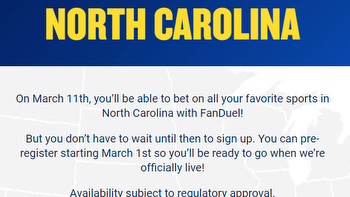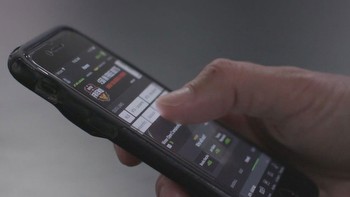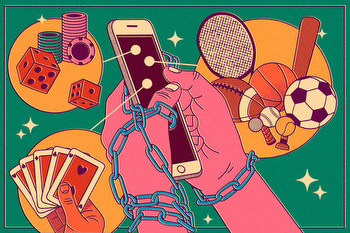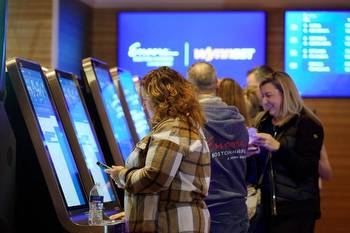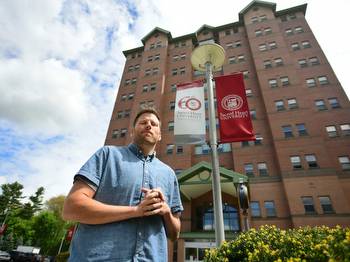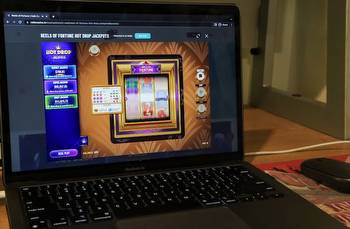Concerns grow regarding gambling addictions in NC
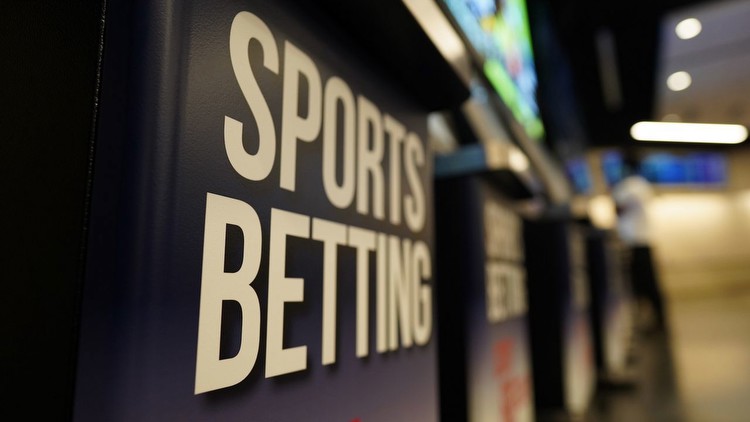
RALEIGH, N.C. — On March 1, registration for sports betting in North Carolina will kick off. Adults across the state will be able to begin creating accounts and giving deposits to the 16 pre-approved sports betting wagering suppliers.
Wagering on sports will become legal in North Carolina March 11.
Among all the excitement surrounding the launch of online sports betting is some concern about the development of potential gambling addictions. Art and Christina Klose are licensed clinical addictions specialists at the Coastal Therapy Center who focus on gambling.
“Even before the sports apps are even hitting North Carolina, the statistics are showing about 6% or six out of 100 people are struggling with gambling,” Art Klose said. “We have worked with people in the past that have lost homes, lost families, lost cars, people that have been hit with huge tax implications after the fact because of losses or gains.”
The first day to legally place bets is March 11, just one day before the start of the ACC men's basketball tournament. This comes more than seven months after the bill legalizing widespread sports betting for North Carolina state was signed into law. Since then, the state's Lottery Commission has worked to establish rules and regulations for suppliers and individuals wanting to try their hand at betting.
“There's thousands of people out there that have control, they can do it and still have control over their betting,” Klose said. “They set limits with themselves. They have accountability partners. Being proactive ahead of time is key but also being proactive when you see things getting out of hand and heading in the wrong direction.”
The commission recently approved a voluntary self-exclusion program, allowing anyone to voluntarily exclude themselves from sports betting for one year, three years, five years or a lifetime if gambling feels like it could become a problem.
“I think people have to be real with themselves, if they know that there's a genetic predisposition, if they know that they have an addictive personality,” Klose said.
The Kloses explained that gambling is an impulse control disorder that stems from dopamine releases in the brain.
According to the American Sports Fanship Survey, conducted by the Siena College Research Institute, 15% of people know someone with an online sports betting problem and of bettors, nearly 40% felt ashamed after losing, saying they bet more than they should.
“The problem already existed, and what we're doing is we're serving it to people,” Christina Klose said. “Sometimes it could lead to other addictions, alcohol, other forms of drugs, self-medicating from losses. People get stressed and the suicide levels go up. There's a lot of negative, risky behaviors associated with it.”
That same survey shows 65% of Americans believe online sports betting will create compulsive gamblers.
“In the last couple of years, we've seen an influx in gambling issues and so we are pulling up our bootstraps because we can see the problems that this will create,” Klose said. “We’re not here to say this or that is bad. We're here to say, if you lose control, if you're losing your lifestyle, then maybe it's time to talk.”
March is nationally recognized as Problem Gambling Awareness Month. The NC Problem Gambling Program along with the National Council on Problem Gambling offer around the clock moderated peer support chats, organizations for family and friends of gamblers and Gamblers Anonymous groups.
You can reach the national problem gambling hotline at 1-800-GAMBLER.















